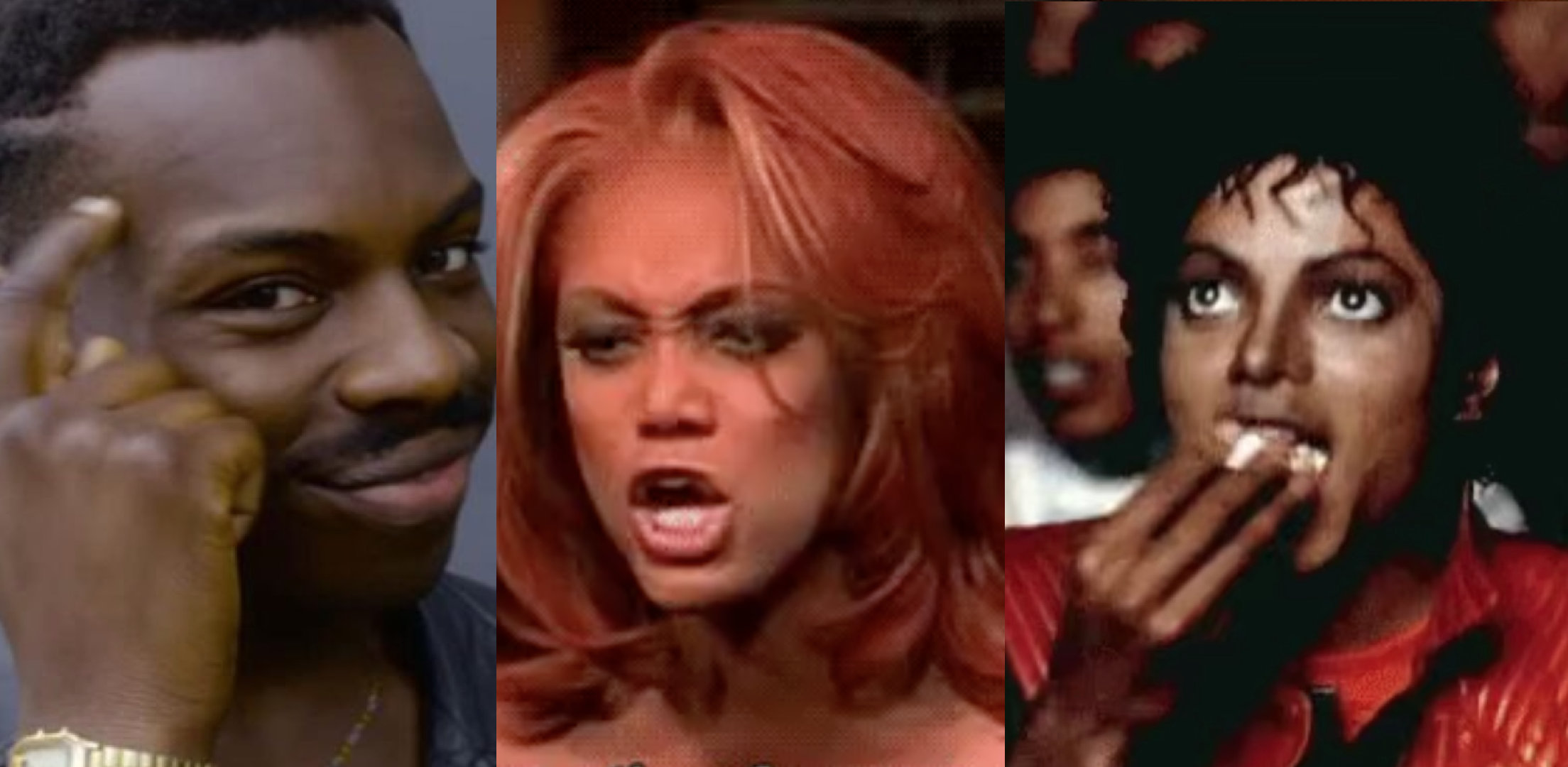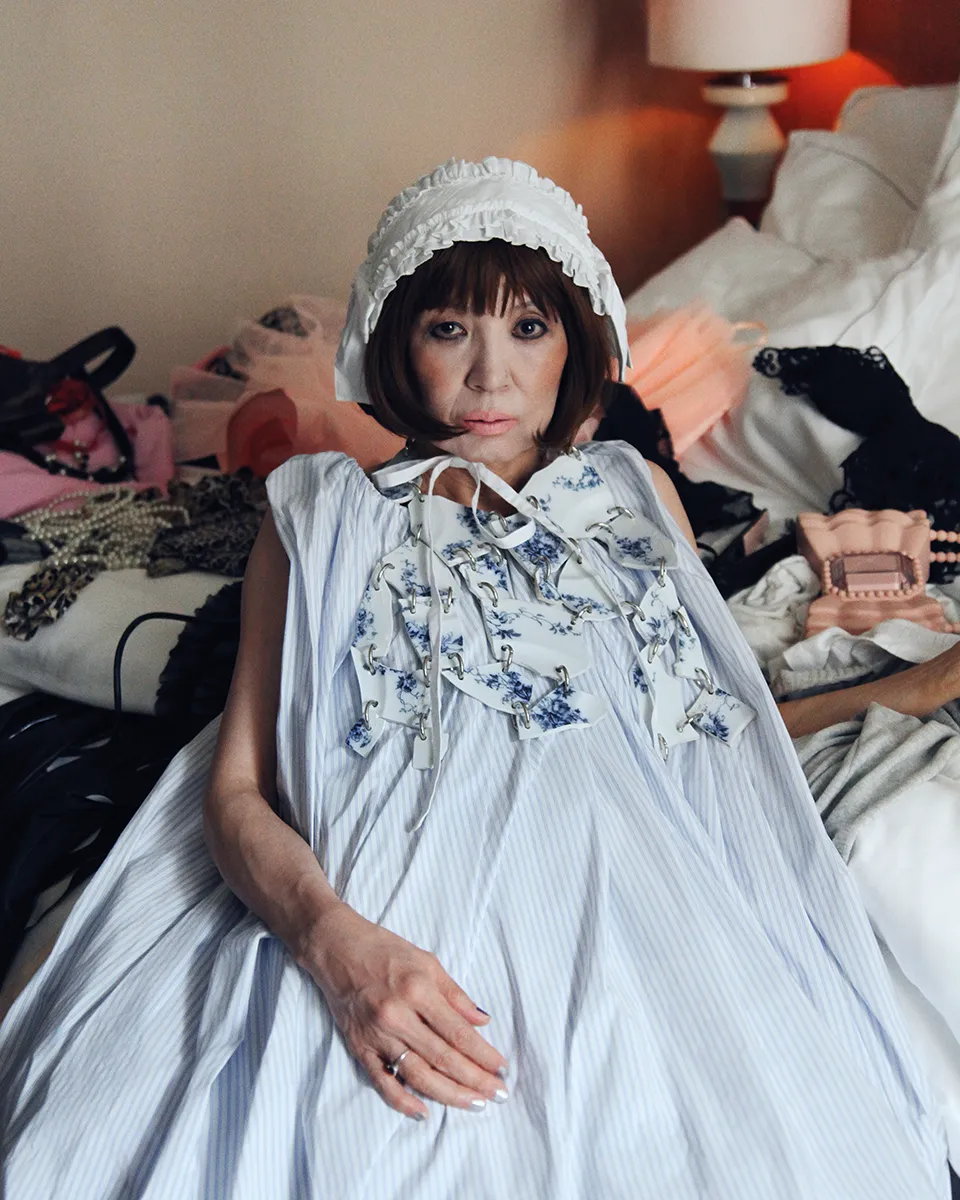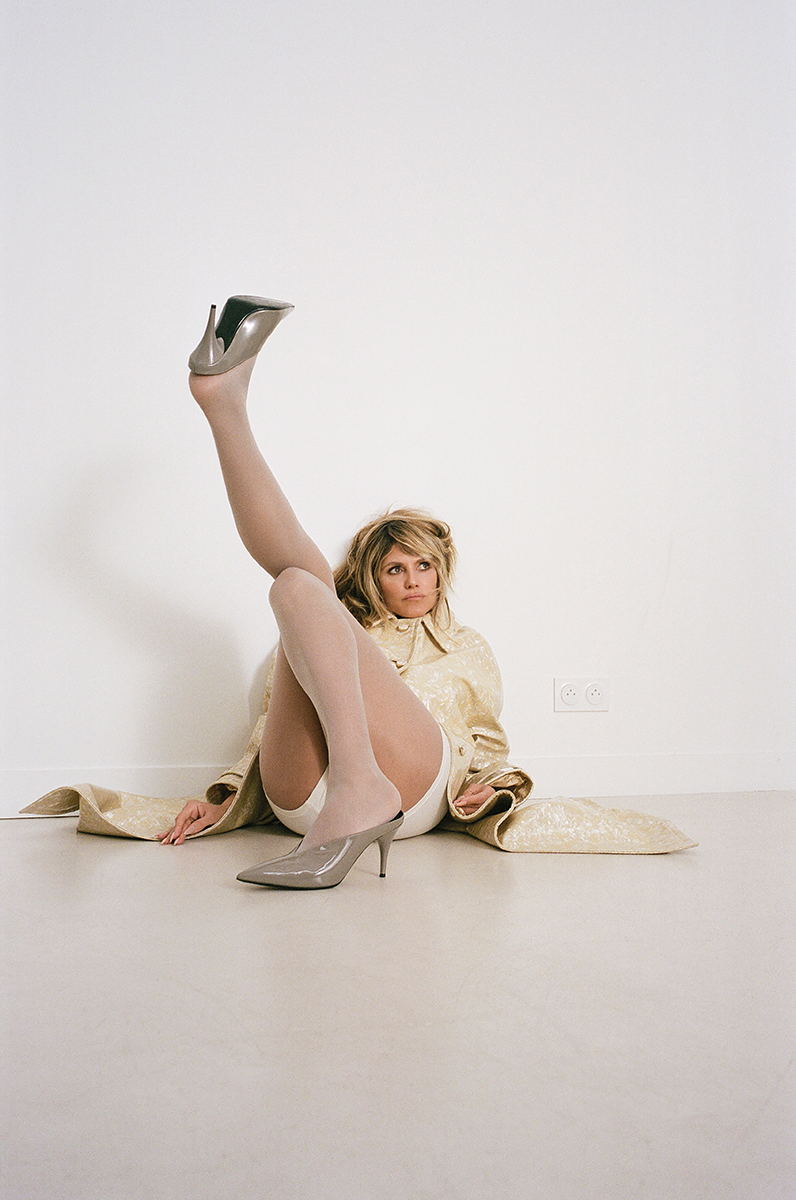We’ve all seen MJ eating popcorn and Donald Glover returning with pizza to a room on fire when the Twitter fights start, and know Nene Leakes for her infamous eye roll if not for her roles on Real Housewives of Atlanta or Glee. Cries of “YAAASSS KWEEN” and “GO OFF, CHILE” flood comment sections and captions across social media. Internet culture is so steeped in Black culture that the former would truly be unrecognisable without the latter—and non-Black users have made it so with the use of digital blackface.
“You wouldn’t (and really shouldn’t. ever.) use Black emojis if you aren’t Black, so why are you comfortable using Black reaction GIFs?”
While most (though conspicuously not all) recognise that outright blackface is wildly offensive no matter where you are in the world, the relative anonymity of the internet makes its digital form far more insidious. Coined in 2006, the term ‘digital blackface’ refers to the practice of non-Black folks using Black emojis, reaction GIFs, and/or AAVE (African American Vernacular English) to represent themselves, their emotions, or their opinions online. Non-Black social media users frequently gain clout and ‘personality’ by conveying their experience through this racialised lens, benefitting from the masquerade of Blackness while Black users who express explicitly pro-Black opinions are regularly de-platformed; the white gaze that exaggerates Black emotion for entertainment does the same work of twisting pro-Blackness to falsely equate to anti-whiteness.
Perhaps digital blackface isn’t as egregious as celebrities blackfishing for increased visibility and clout, but non-Black people rejoice at perfectly-timed clapbacks without knowing who Supa Hot Fire is and express their disappointment through Tyra Banks’s ire every day. It bears noting that Black entertainers are overwhelmingly managed by white agents and directed by white directors, and it is these images of Blackness that are so often memed. There is a Black digital avatar for every emotion across the spectrum of the human experience, and due to the relative anonymity of the internet, non-Black social media users can use GIFs to try on exaggerated versions of Blackness that they perceive as a more dramatic version of humanity.
As cultural critic and scholar Dr. Lauren Michele Jackson writes, the overrepresentation of Black faces in reaction GIFs is inextricably tied to the white gaze’s perception of Black emotional expression—namely, that it is bigger, louder, and overly dramatic. Black people are accused of yelling when speaking at a normal level, perceived as threatening when going about their normal days, and dismissed as exaggerating their levels of pain. This sense of exaggeration implies a certain amount of performativity, which, in turn, is tied to a deeper, uglier history: blackface minstrel shows. Archetypal stock characters in these shows—Sambos, Mammies, Zip Coons, and Jim Crows (yes, that Jim Crow)—were frequently portrayed by white actors who darkened their faces with burnt cork or face paint (a theatrical practice that has endured into the present day) and played their characters with emotions hyperbolised for humour to the point of buffoonery.
idk why white people would wanna do digital blackface when they got schitt’s creek gifs right there 😂😂😂
— Matthias (not a boy) (@mattps139) February 2, 2021
And hyperbole is a driving force of internet culture. Virality is imbued with elements that mainstream culture finds shocking in some way, and the ease with which Black content—regardless of who actually makes or uses it—achieves viral status shows how deeply-rooted anti-Black attitudes across the globe have led to the perception that Black behaviour is implicitly shocking.
Social media users should scrutinise their quickness to use a Black face as a mask, a shorthand—a stock character, if you will—to express their emotions in an online space where exaggeration increases the humour and entertainment value for scrolling through feeds. Further, they should work at recognising their own implicit biases in their online performances of emotion in their GIF usage—as well as their appropriation of Black vernacular (but that’s a whole other conversation). By adopting Black faces and voices to ‘spice up’ their online persona—literally using Black faces to represent themselves— non-Black people are reinforcing the racism of the white gaze, and it doesn’t have to continue—after all, there are plenty of alternatives that don’t involve blackface of any kind.




